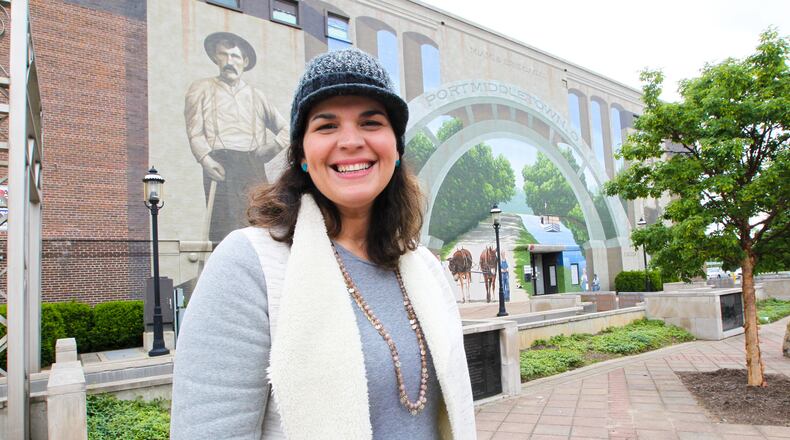The five-minute film features the story of Ami Vitori, founder of Torchlight Pass and how she gave up a successful big-city career and tapped her retirement fund to rebuild her struggling Rust Belt hometown, according to Starbucks. The film also includes a number of Middletonians such as J.D. Vance, Ken Cohen, Wilbur Cohen, Heather Gibson and Richard Isroff.
Starbucks is producing the 11 stories from across the nation to prove change can occur when people have the courage to stand up, instead of standing by, and the company believes these are the kinds of stories that need to be told.
Through short films and audio books, the stories can be accessed through starbucks.com/upstanders and also are being streamed through partners Amazon Video and Audible.
The series is being produced again by Starbucks Executive Chairman Howard Schultz and Rajiv Chandrasekaran, Starbucks executive producer, author and former Washington Post editor. An exclusive premiere screening was held at Times Center in New York City on Monday evening.
The city of Middletown will host an invitation-only screening on Wednesday.
According to Starbucks, Upstanders was created to shine a light on stories of everyday Americans who are doing extraordinarily courageous things. The Upstanders featured in Season 2 are inspiring individuals whose actions represent the American spirit and the courage and compassion that is often missing from so much of today’s national dialogue.
Vitori said crews came to Middletown about four times to produce the story. In March, Vitori said she hosted a dinner with the Chandrasekaran and a number of Middletown residents and stakeholders to help tell the story to the producer. Vitori said she didn’t pull any punches, noting that she drove them on “an honest tour” of the city.
“It’s really awesome,” Vitori said. “I think this is an amazing, positive national story for Middletown to show our city is a place of hope and opportunity.”
Other “Upstander” stories focus on support for Veterans, the opioid epidemic, juvenile incarceration, refugee resettlement, climate change, and creating economic opportunity and equity.
About the Author

